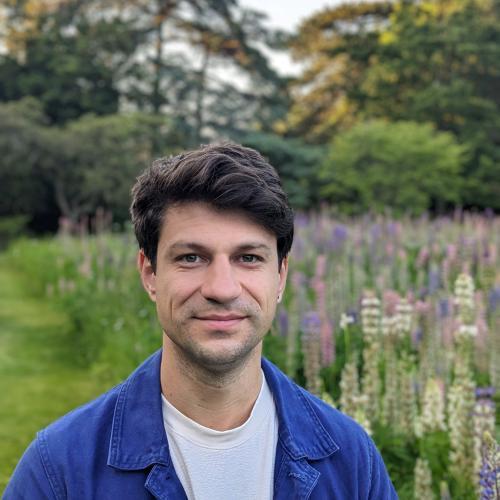From Image-as-evidence to Image-as-memory: Syria and the archival politics of digital forensic investigations

Key information
- Date
- Time
-
5:00 pm to 7:00 pm
- Venue
- Paul Webley Wing
- Room
- SALT 110
- Event type
- Seminar
About this event
This talk is based on fieldwork conducted at the Syrian Archive in 2019 during which I participated in an investigation into the aerial bombardment of medical facilities.
With over 400 incidents, and a clear pattern of bombings by the Russian and Syrian air forces targeting hospitals, the investigation was intended to test whether open-source content could be used as legally felicitous evidence in a war crimes tribunal. Investigators also wanted to prove that they could democratize access to international humanitarian law by using widely available technologies and user generated content, holding powerful states accountable for one of the paradigmatic – and most asymmetrical – forms of state power: the aerial bombardment of civilian neighbourhoods.
Recently lawyers, scholars, and online investigators have claimed that a new evidentiary paradigm is being enabled by new media technologies (Dubberley, Koenig, and Murray 2020). Akin to the combination of bureaucratic documents and testimony used in the Nuremberg Trials, they argue that the potential legal/forensic value of new media technologies signals a shift from the ‘era of the witness’ (Wieviorka 2006) towards more ‘material’ forms of evidence, such as objects, images, and code (Weizman 2017).
As a trial at The Hague looks increasingly unlikely, activists and experts at the Syrian Archive and IIIM attempt to carve out alternative routes to international justice. I plot the routes and processes through which lawyers and investigators assemble and archive what I call an “image-as-knowledge”, as a precursor to their attempts to transform footage into an “image-as-evidence”. In turn, I plot how the footage has become an “image-as-memory” as routes to trials are blocked by political hurdles, in particular at the UN Security Council. Finally, I explain the political implications entailed in an epistemic shift frequently elided by activists and theorists of (counter)forensics.
Organised by the Centre for Migration and Diaspora Studies
About the speaker
Stefan Tarnowski
Stefan Tarnowski is an Early-Career Research Fellow at Corpus Christi College, Cambridge, and a postdoctoral researcher on the ‘Views of Violence’ project at the University of Copenhagen.
